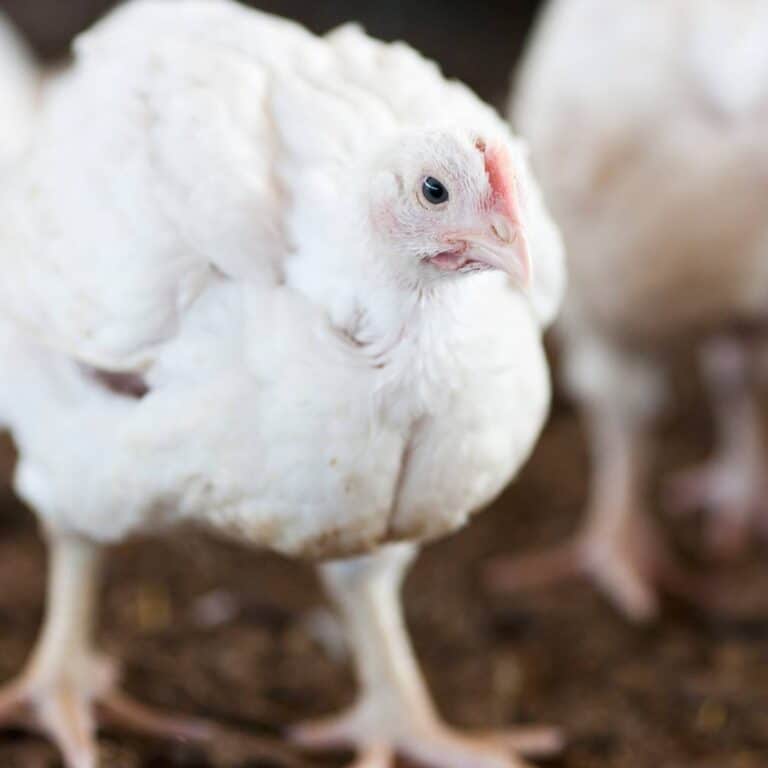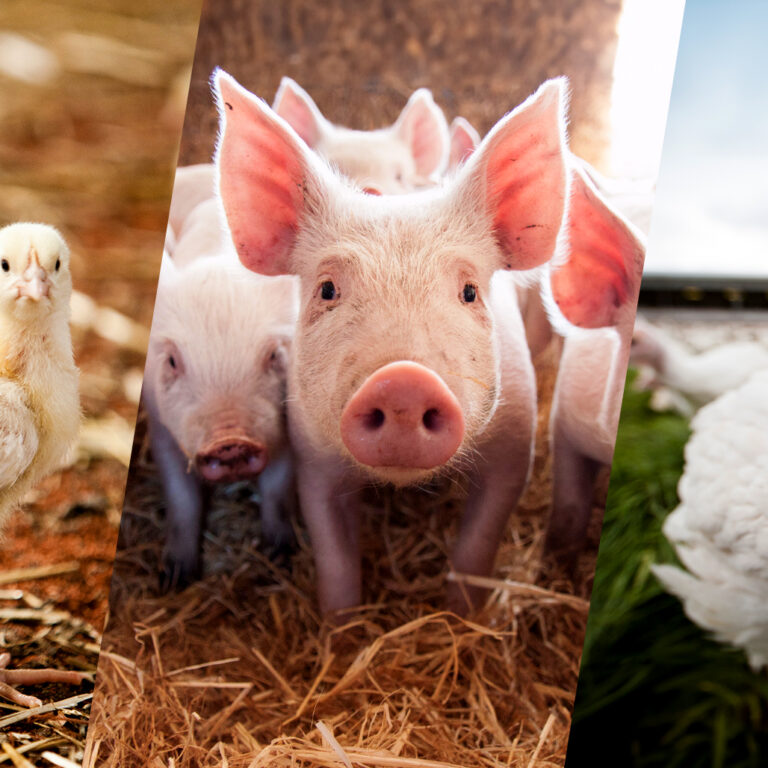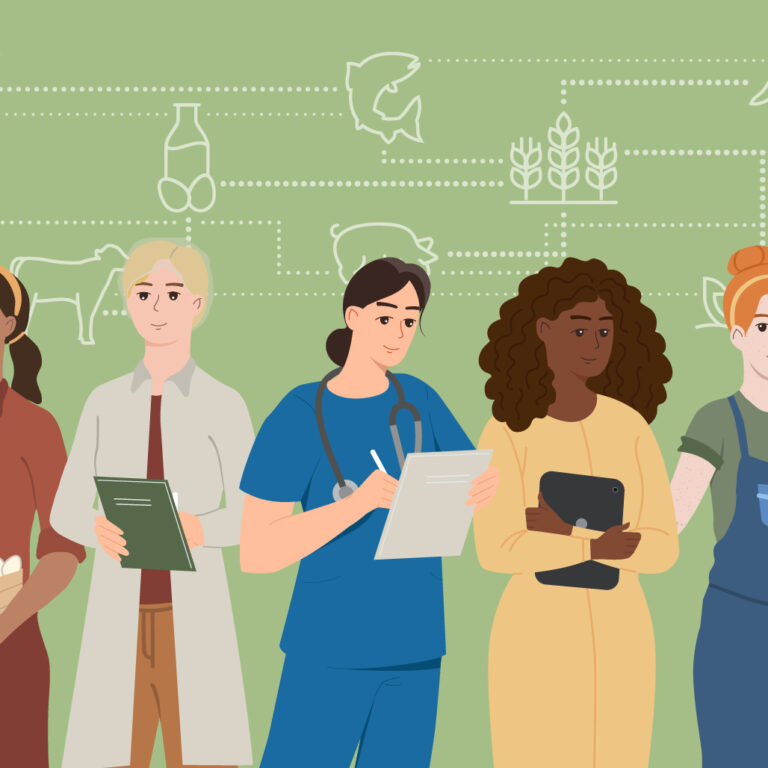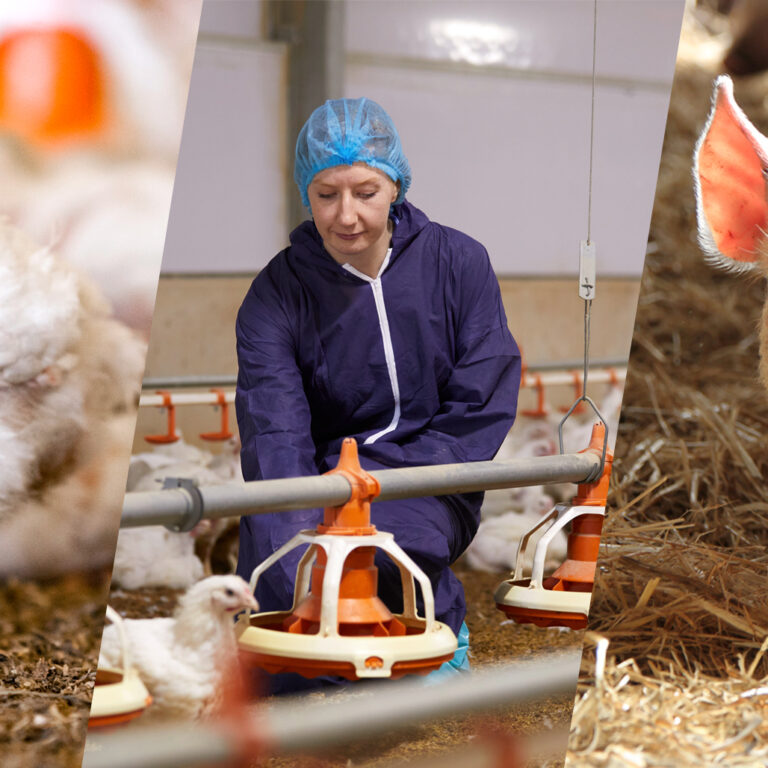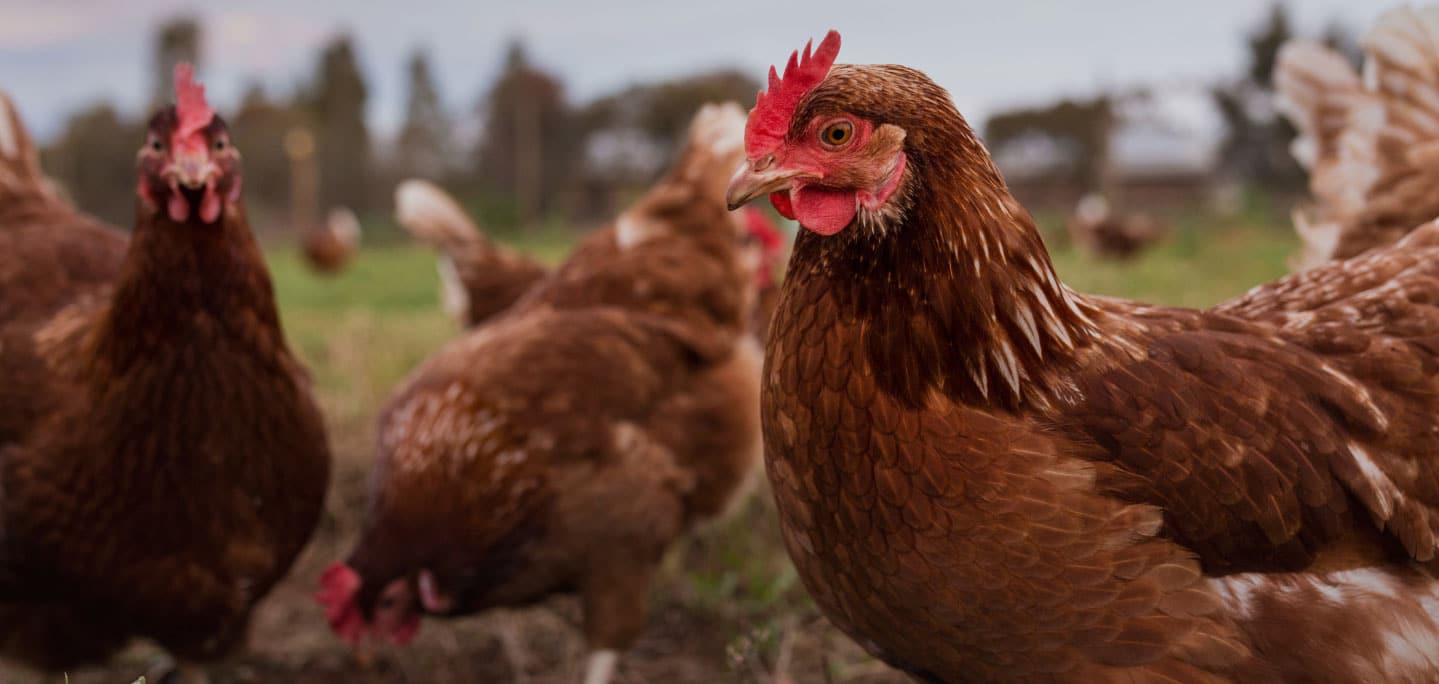*Please note, as of 2025, The Coffee Club no longer source RSPCA Approved chicken.
Australians are increasingly mindful of what they’re buying and the impact their purchases have on the world around us. What this means for brands wanting to make their mark and build a loyal customer base, is that – perhaps more than ever before – their product or service must align with the values of their customers. And for many, this means caring about animals in the food supply chain, from farm right through to the store. The Coffee Club is one brand that is making a positive impact, because creating change for good is part of their culture.
Since opening the doors of their first café in Brisbane more than 30 years ago, The Coffee Club has strived to continually evolve and innovate, to keep up with what their customers want. When it comes to their menu, the aim is to bring together family favourites and ‘hero’ local produce, as well as meet an ever-increasing demand for more considered and transparent sourcing of ingredients.
“Part of our sustainability strategy is our commitment to providing our customers with transparency on where our food comes from, so they can feel good about their food choices,” says Jarrod Appleby, Chief Growth Officer from The Coffee Club. “Our customers also play a part in our menu development, taking their feedback on board with every menu update.”
With eggs and chicken popular on their menu – and coming from animals that are among the most intensively farmed in Australia – it made sense for these ingredients to be the first for The Coffee Club to focus on when it came to making changes for better animal welfare.
Cage-free eggs and caring about hens
In a move that made them a bold market leader more than 7 years ago, The Coffee Club made the switch to sourcing cage free for all the fresh eggs cracked and cooked at their cafes.
These eggs are laid by hens that live inside large barns where they are free to move around, flap their wings, socialise, perch and importantly, lay their eggs in a nest. With around 10 million hens still kept in barren battery cages for their entire lives, unable to do any of these basic things, commitments by businesses like The Coffee Club to source cage-free eggs can have a big impact.
With The Coffee Club using more than 11 million fresh eggs in their cafes each year, that’s more than 1.8 million hens free to move around and do the things these social and inquisitive birds like to do.
Raising the bar with RSPCA Approved chicken
While chickens raised for meat in Australia aren’t generally kept in cages, there are other aspects to how they are farmed that need to be considered to make sure their physical and behavioural needs are met.
With their most recent menu release, the latest moves by The Coffee Club in their responsible sourcing journey were revealed. All the chicken on their menu now comes from higher welfare Australian farms with RSPCA Approved certification.
These farms are raising the bar for animal welfare on a commercial scale. Farms with RSPCA Approved certification go through a rigorous certification process, including regular on-farm assessments to make sure they meet the RSPCA’s detailed animal welfare standards. For chickens, this means they are reared in a higher welfare barn environment, with good lighting and ventilation, perches to build strong legs, interesting objects to peck at, and quality litter on the floor to scratch and dustbathe (shaking and rubbing dust through their feathers to keep them clean and healthy).
What’s next?
Australians care about animal welfare when they are at the supermarket and want the same level of consideration for animals when they’re dining out.
While we’re looking forward to seeing what’s next for The Coffee Club, one thing is certain – as a customer you have a lot of influence in the decisions that brands make when it comes to sourcing ethically! So, keep up the good work by asking for higher welfare, and we can expect to see lots of positive moves by brands leading to better conditions for Australia’s farm animals.
The Coffee Club have recently published their Sustainability and Social Responsibility Report which can be found on their new Sustainability Hub.
You might also be interested in Chef Tobie Puttock’s ah-ha moment and the most important farm animal welfare issue in Australia today

